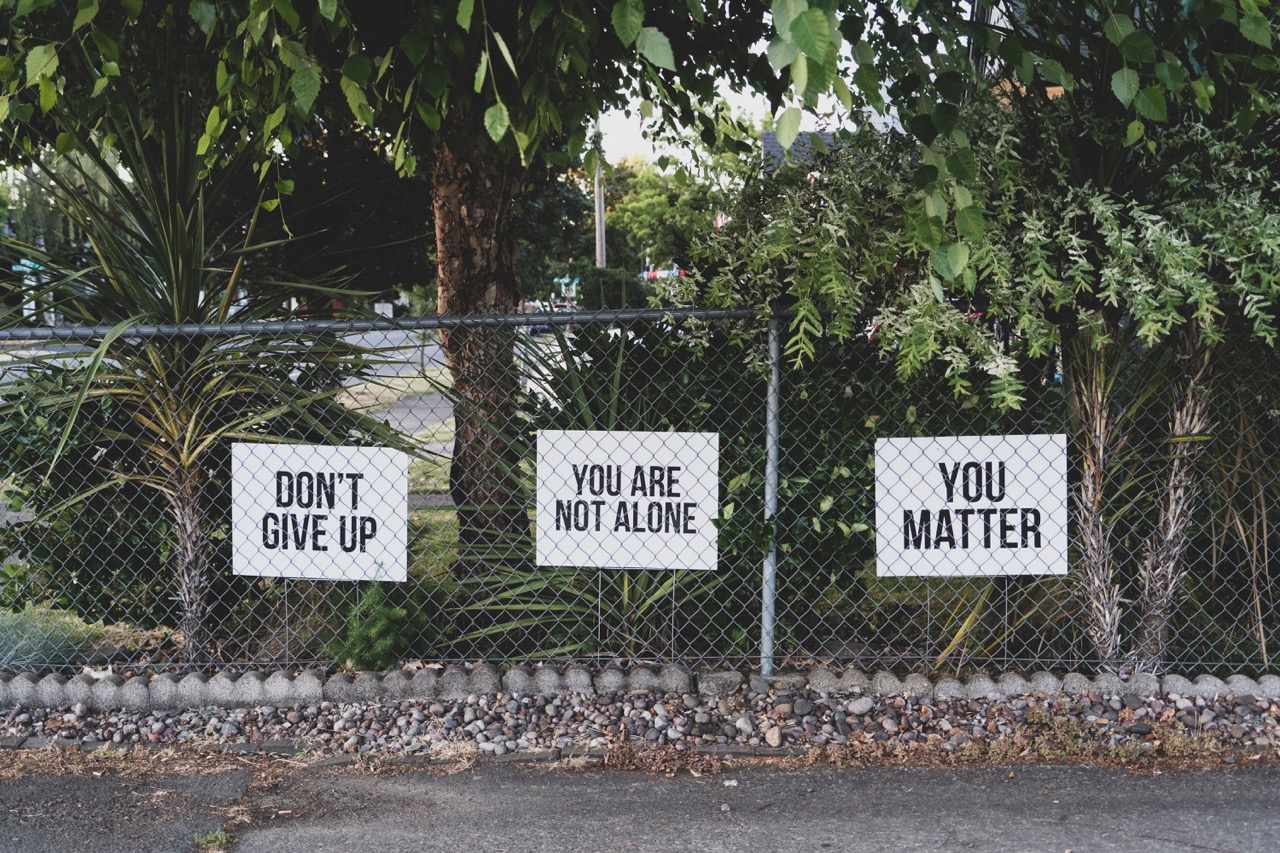I don’t remember when I wasn’t told that therapy was for crazy people. From a young age, I was always under the impression that seeing a therapist was equivalent to admitting that you were weak and could not handle your own life. This is a stigma that needs to end. Therapy isn’t just for people with mental health issues; it’s for anyone who wants to understand themselves and their relationships with others better. So why do we continue to stigmatize therapy? Let’s break down some of the myths around therapy and see why everyone should consider it.
Why Do We Need to Stop The Negative Stigma Around Seeing A Therapist?
We need to end the negative stigma around seeing a therapist for many reasons.
- Prevents People from Seeking the Help That They Need
First and foremost, this stigma prevents people from seeking the help they need when struggling with mental health issues. Because of the negative connotations often associated with therapy, many people suffer in silence instead of seeking treatment.
This can lead to increased feelings of isolation and hopelessness and can even exacerbate mental health issues. Furthermore, those who do seek help may do so only in the later stages of their illness when treatment is less effective. - Leads to Fears and Misconceptions about Therapy
In addition, there is a lot of misinformation and misconceptions surrounding therapy. For example, people often believe that therapy is only for people with severe mental health conditions when, it can benefit anyone. This misconception leads to fears and misconceptions about what therapy is and what it can do for people.
As a result, people may be reluctant to try therapy because they fear the unknown, which can ultimately negatively impact their mental health. This attitude also reinforces the negative stigma around therapy, perpetuating the cycle. - Affects the Quality of Treatment for Those with Mental Health Issues
Finally, the negative stigma around therapy can also have a negative impact on the quality of treatment for people with mental health issues. Professionals across different industries can also fall prey to being reluctant to engage in therapy themselves, leading to a lack of empathy and understanding which can not only negatively impact themselves-but also their team members, and employees. This can affect their quality of work, leadership in the workplace, and their relationships within their careers negatively, if left unaware. Working on your mental health is a strength and positive sign someone wants to improve themselves but also their life and workplace skills, and in turn this can increase their workplace productivity, workplace positivity, and is one of the best ways to prevent career burnout.
In order to end this negative stigma around therapy, we need to promote greater awareness and understanding of its potential benefits. This can be done through public campaigns, education, and community outreach efforts.
Mental health professionals can also take steps to destigmatize HYPERLINK “https://www.euro.who.int/__data/assets/pdf_file/0008/96452/E87301.pdf” therapy, from being more open about their use of therapy to acknowledging their clients’ successes. By working together, we can help eliminate the negative stigma around therapy and support those who need it most.
Sentiencepsychotherapy.com is your go-to therapy provider when you need to talk to someone about your mental health concerns. I encourage you to check out our website today and learn more about how therapy can help you lead a healthier, happier life.


